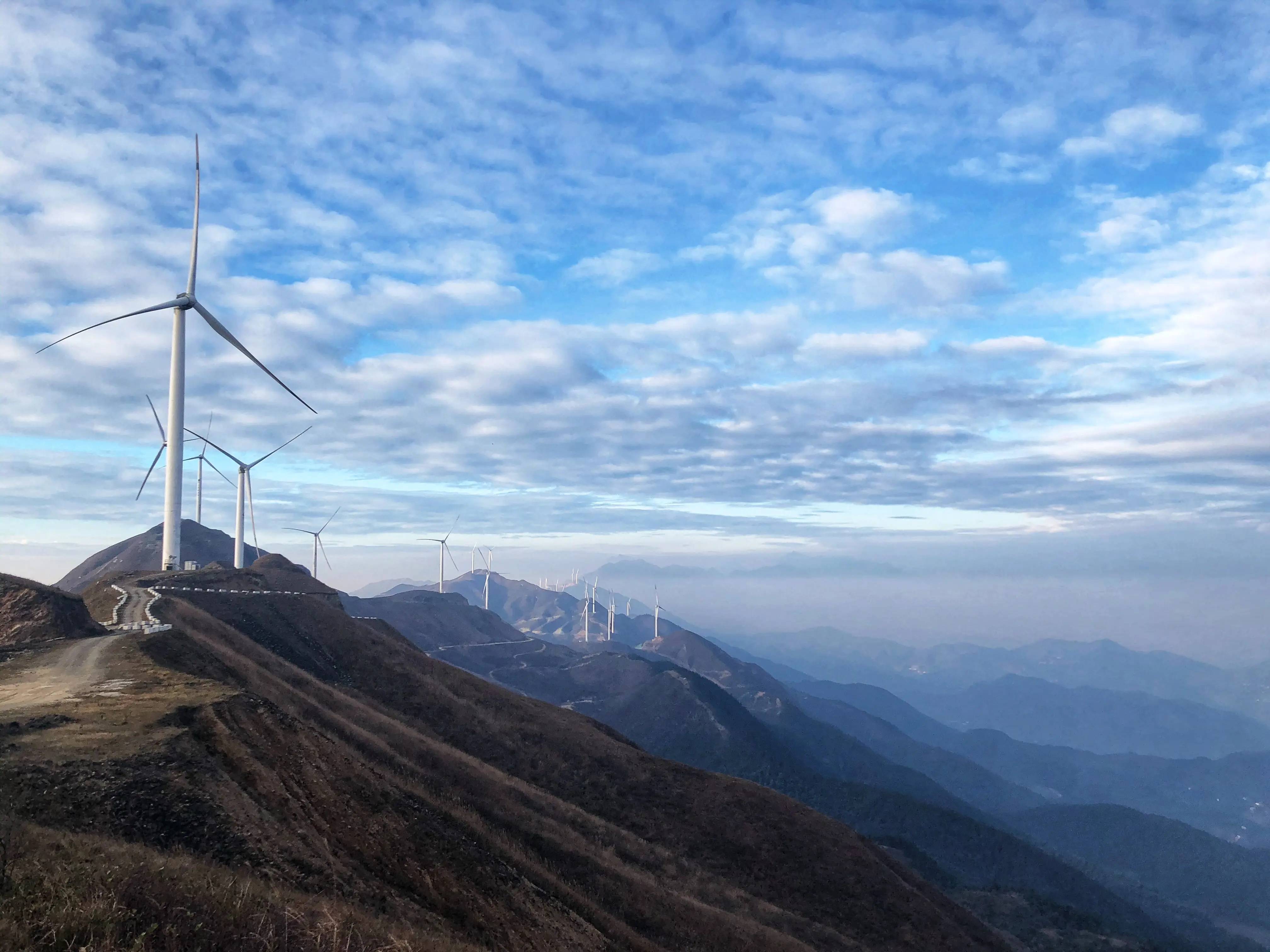
jan . 27, 2024 16:38 Terug naar lijst
Microgrids: een idee waarvoor de tijd is gekomen?
Terwijl de wereldbevolking blijft groeien, is er een toenemende vraag naar elektriciteit. Er zijn echter verschillende uitdagingen die moeten worden aangepakt. Momenteel hebben meer dan een miljard mensen wereldwijd geen toegang tot energienetwerken, waaronder ongeveer 200.000 mensen in Canada die niet zijn aangesloten op het Noord-Amerikaanse elektriciteitsnet en aardgasdistributiepijpleidingsystemen.
Natuurrampen en extreme weersomstandigheden veroorzaken ook verstoringen in de stroomvoorziening, wat leidt tot massale stroomuitval die dagen kan duren. Bovendien kan het uitvallen van één onderdeel van het transmissiesysteem het hele elektriciteitsnet beïnvloeden, wat kan leiden tot wijdverbreide stroomuitval.
To tackle these issues, the concept of microgrids has gained popularity. A microgrid is a energy system that can operate independently or in conjunction with larger grids. It contains all the necessary components to provide electricity to a specific community, typically serving a smaller population of around a thousand or a few hundred people. This approach decentralizes the power supply generation and distribution process, making it more resilient and less prone to grid failures.
Unlike large-scale energy grids that connect buildings to central power supply sources like coal, nuclear, and gas plants, a microgrid functions as an isolated island. This independence can prove beneficial during crises such as storms or outages. Many microgrids utilize a combination of renewable energy sources and batteries, with natural gas serving as backup. While microgrid power supply is not necessarily more reliable, communities located far away from larger power sources can benefit from the localized control and ownership of electricity generation.
Een opmerkelijk voorbeeld van een microgrid is het elektriciteitsnet dat ruim tien jaar geleden in Sendai, Japan, werd gebouwd. Dit microgrid wordt aangedreven door een mix van zonne-energie, gas en batterijopslag. Tijdens de verwoestende tsunami en aardbeving van 2011 voorzag het Sendai-micronetwerk van stroom en warmte aan het academisch ziekenhuis van de Tohoku Fukushi Universiteit, waardoor cruciale diensten zelfs tijdens wijdverbreide stroomuitval in stand bleven.
The impacts of power outages on society and the economy are significant, and the climate crisis exacerbates these challenges. Jana Ganion, energy director for Blue Lake Rancheria, an Indigenous reserve in California, emphasizes the urgent need for solutions, stating, "Widespread power outages cause a lot of social and economic damage and destruction. And the climate crisis is making all of this worse." Blue Lake Rancheria successfully launched a solar microgrid in 2015, providing electricity to thousands of people nearby when millions of Californians had their power supply shut off due to wildfire risk.

However, setting up a microgrid can be a costly endeavor, particularly in densely populated urban or suburban areas with existing infrastructure. Consumers tend to stick with what is already in place, and for the majority of Canadians, that means relying on hydroelectric power supply. Nuclear and coal plants are also significant power sources in the country. Raising the necessary capital for building power plants, whether they are traditional or microgrids, is challenging for some countries. The autonomy and self-sufficiency that microgrids offer can be especially relevant in such cases.
Er zijn bijna 300 afgelegen gemeenschappen in heel Canada die voor de opwekking van elektriciteit sterk afhankelijk zijn van microgrids op diesel. De Canadese federale overheid erkent de noodzaak van groenere opties en heeft de afgelopen tien jaar samengewerkt met regionale entiteiten om duurzamere energieoplossingen te verkennen en te implementeren. Naast het leveren van elektriciteit kunnen microgrids ook een cruciale rol spelen bij de toegang tot schoon drinkwater door het zuiveringsproces aan te drijven.
In conclusion, the global demand for electricity continues to rise, and challenges such as lack of access to energy grids and disruptions caused by natural disasters persist. Microgrids have emerged as a promising solution, offering localized power supply generation and distribution systems that can operate both independently and in conjunction with larger grids. While establishing microgrids can be costly, they provide autonomy and resilience, especially in remote areas or during crises. Exploring greener options, such as renewable energy sources, battery storage, and natural gas backup, can make microgrids even more sustainable and beneficial for communities.
Wordt verwijderd bij inbreuk
Referentiewebsite: https://www.cbc.ca
-
Wireless DC Charging: The Next Frontier in Contactless EV Power Delivery
NieuwsAug.04,2025
-
Hybrid BMS Energy Controls: Integrating Renewable Energy Sources
NieuwsAug.04,2025
-
Blockchain for Secure and Decentralized EMS Power Systems
NieuwsAug.04,2025
-
AI-Driven for Smart Grids: Energy Management System (EMS)
NieuwsAug.04,2025
-
Advanced Distribution Management System (ADMS) Energy
NieuwsAug.04,2025
-
5G-Enhanced BMS Energy Savings: Ultra-Low Latency Control
NieuwsAug.04,2025























